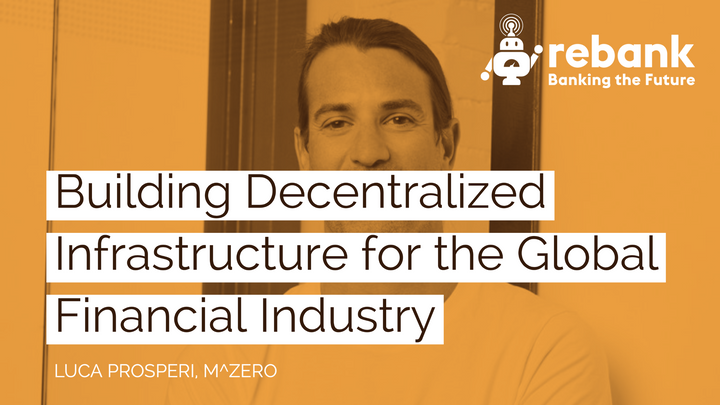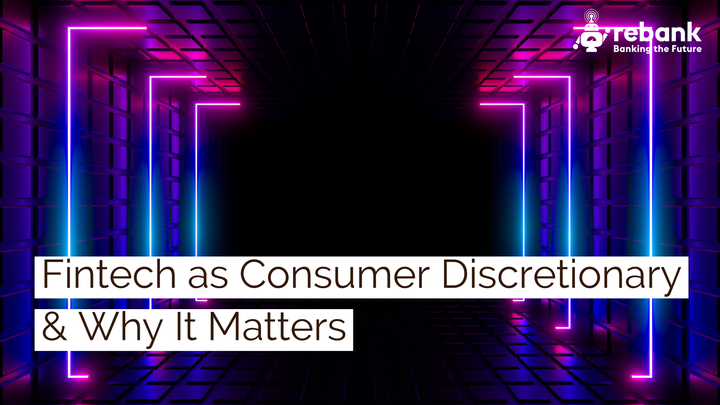The Post-Fintech World

Fintech may be over, but this isn’t the end.
The world has moved on dramatically since 2008 when the idea of “fintech” began to coalesce. We all recognize that we’re living in a time of rapid and accelerating change, so we shouldn’t be surprised that terms coined years ago eventually pass from use.
In fact, we should get better at letting go.
Humans are emotional, and we’re prone to cognitive biases. We’re better at imagining change than we are at recognizing it while it’s happening.
There’s great interest at the moment in the looming displacement of jobs by AI and automation, but there’s minimal activity around reskilling workers or designing new economic and business models. Job displacement has already started - industrial machines and then computers have been obviating the need for human workers for more than a century. It’s wrong to think of the displacement of humans by machines as something that will inevitably happen given time. It’s a process in full swing.
In the same way, we’re still talking about fintech as if it’s poised to deliver broad change, given time. In reality, it has already happened. Banks and startups alike prioritize digital, scalable, cloud-based solutions, albeit they deliver them at different speeds. In the time digital challenger banks have been prepping for launch, incumbents have deployed many of the same front-end features. Financial services is a tech vertical. End of story. Some are still working to realign business models and architectures, but this isn’t a startup playground anymore.
By dropping the “fintech” label, we’re free to focus on the differences between regulatory compliance solutions, B2B wealth management tools and distributed crypto exchanges. My friend Charlie Delingpole told me that when he started his PEP and sanctions screening company, it wasn’t fintech. Then it was. Now, in the post-fintech world, it isn’t again. Rejoice.
Even more important than the new-found freedom to recognize the nuances between subverticals and business models (a distinction never lost on good VCs, only on commentators, “thought leaders,” and popular media), gone too is the boundary inside which you’re fintech and beyond which you aren’t. How you’re categorized shouldn’t matter. In any event, the most transformative changes won’t be bill splitting or FX, but the non-bank, non-financial creation and transfer of value in ways previously unimaginable.
We’re witnessing a new era in value exchange driven by AI, automation, distribution, cryptography, IoT, accessibility and behavioral economics - and it’s already well underway.


